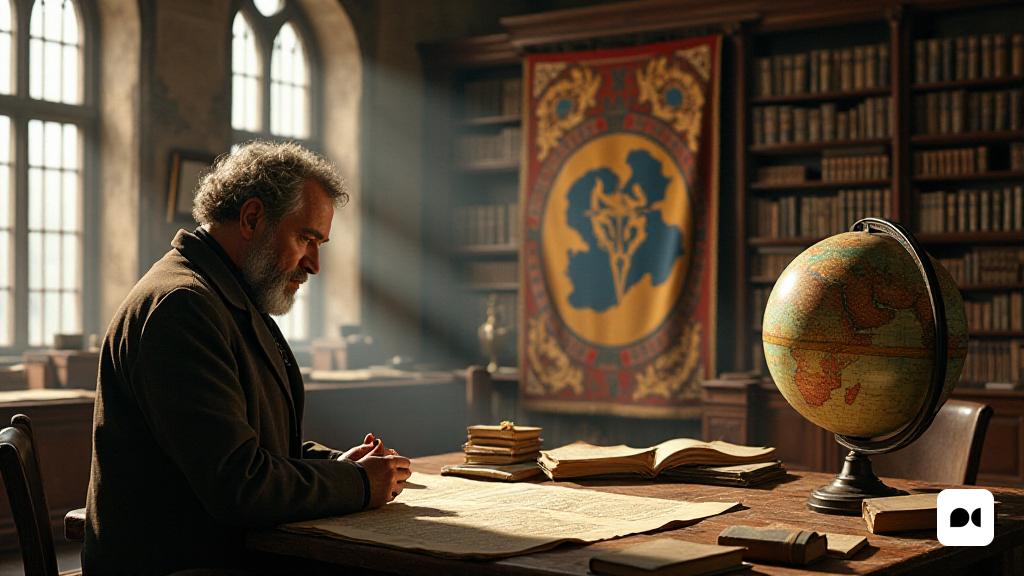An alternative view of European history
The historian José Enrique Ruiz-Domènec invites us to reconsider the dominant narrative on Europe, emphasizing that European identity is not unique to the West. Thus, his book ‘Europe’ defies the idea that the Carolingian Empire is the only legitimate heir in Rome, arguing that Russia can also claim this legacy.
Religion as a cultural connector
The influence of Latin Christianity is not limited to the West; Ruiz-Domènec emphasizes that it has been a spiritual bridge between all European cultures, including the Orientals. This realization leads us to consider the irony that the deepest traditions of Europe are shared in both the East and the West.
A shared future: need for union
At a time when the tensions between Europe and Russia intensify, it is crucial that we take on a more constructive approach. Ruiz-Domènec says that after the Soviet era, there is an opportunity to rebuild bridges between the two parts of Europe.
The learning of the Ukraine War
The war in Ukraine must be a time of introspection. Instead of demonizing the enemy, it is necessary to analyze the roots of this conflict and seek a path of peace that will allow for future collaboration. Only so could Europe position itself as a powerful global actor, equating with powers such as China or the United States.
Highlighting the collaboration potential
The European Union and Russia have a complementary potential that goes beyond geopolitical rivalries. The integration of natural resources and economies in the two regions could result in a formidable ally, at the same time avoiding an unfavorable alliance between Russia and China.
The risks of a confrontation
The possibility of an agreement between Trump and Putin to resolve the Ukrainian conflict opens a debate on the utility of NATO and the American military presence in Europe. This could redirect resources and influences that are currently holding global tensions.
A necessary reflection for the European future
In the face of an increasingly worrying panorama, it’s time to ask ourselves: Do we want future generations to be immersed in a warlike conflict with Russia? Or do we prefer to see a return of Russian tourists enjoying our beaches? The management we take today will determine the future of our society.

